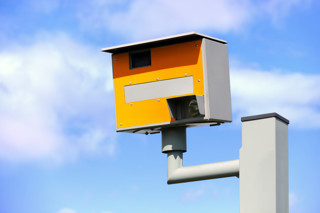Venson Automotive Solutions has released a free online guide on new company car tax rates.
The whitepaper is designed to improve knowledge on the tax benefits and incentives for fleet decision-makers and company car drivers when making their fleet choices over the next three years.
In its long-awaited response to its review of WLTP and vehicle taxes, HM Treasury announced in July that it was binning the previously published BIK rates for 2020/21.
Instead, it created two new BIK tables for company car drivers; a table for those driving a company car registered after April 6, 2020, and one for those driving a company car registered before April 6, 2020.
Company car drivers choosing a pure electric vehicle will pay no BIK tax in 2020/21.
However, Venson Automotive Solutions says that now the new rates have been published, a new layer of complexity has been added to what was already a far from clear picture.
Danielle Tilley, business development director at Venson Automotive Solutions, explained: “Now is the time to comprehensively review company car choice lists and profile driver journey and mileage usage per individual.
“The latest company car benefit-in-kind tax has a focus on electric vehicles, so fleet managers need to embrace the new drive-chain to limit employees’ tax burden.”
Businesses can adopt ‘plug-in’ vehicles as part of their fleet offering to deliver minimum BIK tax bills for drivers. But, if fleet managers are unable to adopt electric vehicles, the Venson guide sets out the tax benefits associated with petrol and diesel vehicles.
For example, opting for an RDE2-compliant model or finding alternative ways of travel with the advent of Business Mobility-as-a-Services (BMaaS) will help mitigate the future company car tax burden, it says.
Tilley said: “From our own findings, we know there is a greater willingness by company car drivers to adapt to an EV world, even though there are concerns over vehicle availability and the practicalities of being able to charge a vehicle at home. However, EVs are here to stay and are the future, and there are some generous tax incentives to help with the transformation.
“If we are going to meet the ambitious target set by the Government’s advisory Committee on Climate Change to end the sale of new petrol and diesel cars and vans by 2030 at the earliest, then in many cases it is just two fleet vehicle replacement cycles away. Therefore, fleet decision-makers need to be thinking ahead and factoring electric vehicles into their long-term fleet management plans.”
Click here to download a copy of ‘Company Car BiK whitepaper’.























Login to comment
Comments
No comments have been made yet.